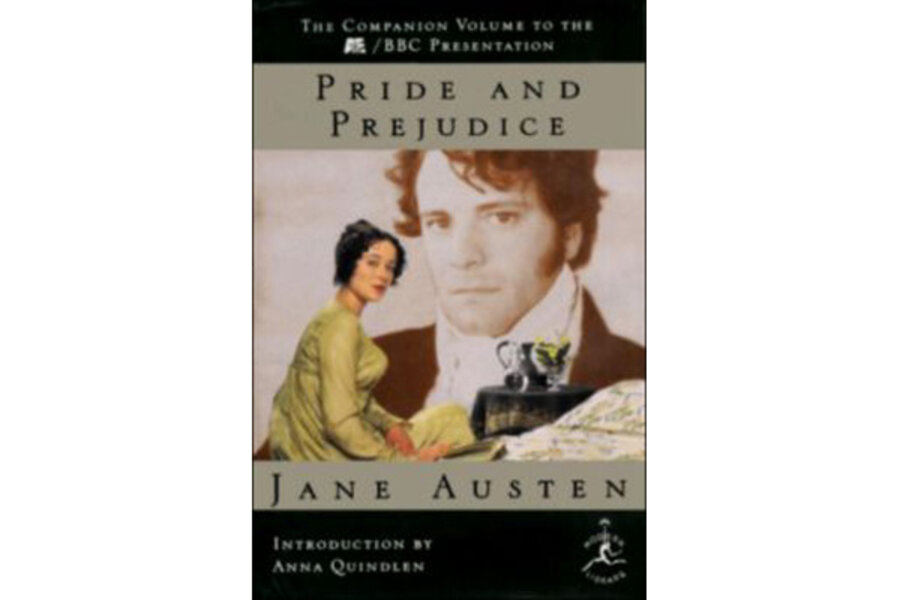When Deresiewicz read "Pride and Prejudice," he was attending graduate school at Columbia University, where he'd also gone for his undergraduate degree and where his father was a faculty member. He'd considered going to Chicago for graduate school, but "the prospect of moving to an unfamiliar city.... was not something I could even begin to imagine," he wrote. He was living in a Manhattan apartment and leading a student's life – sleeping until noon, then staying up all night to read. He had an epiphany about truly maturing as a person when he read of Elizabeth Bennett's struggles, as she is secure in her knowledge of Mr. Darcy's character – and by extension, her ability to judge everyone correctly – then suddenly realizes how utterly wrong she was. "By putting me through Elizabeth's experiences – by having her make mistakes and learn from them, and having me stumble and learn right there along with her – what the novel was really showing me was how to grow up," Deresiewicz wrote. He was used to thinking of growing up as hitting milestones, getting a first apartment, getting a job. Austen saw it as making mistakes and learning from them. After he passed his exams, Deresiewicz decided to move to Brooklyn to start a new chapter in his life outside of his comfort zone.
 Mark Sappenfield
Mark Sappenfield
Dear Reader,
About a year ago, I happened upon this statement about the Monitor in the Harvard Business Review – under the charming heading of “do things that don’t interest you”:
“Many things that end up” being meaningful, writes social scientist Joseph Grenny, “have come from conference workshops, articles, or online videos that began as a chore and ended with an insight. My work in Kenya, for example, was heavily influenced by a Christian Science Monitor article I had forced myself to read 10 years earlier. Sometimes, we call things ‘boring’ simply because they lie outside the box we are currently in.”
If you were to come up with a punchline to a joke about the Monitor, that would probably be it. We’re seen as being global, fair, insightful, and perhaps a bit too earnest. We’re the bran muffin of journalism.
But you know what? We change lives. And I’m going to argue that we change lives precisely because we force open that too-small box that most human beings think they live in.
The Monitor is a peculiar little publication that’s hard for the world to figure out. We’re run by a church, but we’re not only for church members and we’re not about converting people. We’re known as being fair even as the world becomes as polarized as at any time since the newspaper’s founding in 1908.
We have a mission beyond circulation, we want to bridge divides. We’re about kicking down the door of thought everywhere and saying, “You are bigger and more capable than you realize. And we can prove it.”
If you’re looking for bran muffin journalism, you can subscribe to the Monitor for $15. You’ll get the Monitor Weekly magazine, the Monitor Daily email, and unlimited access to CSMonitor.com.






